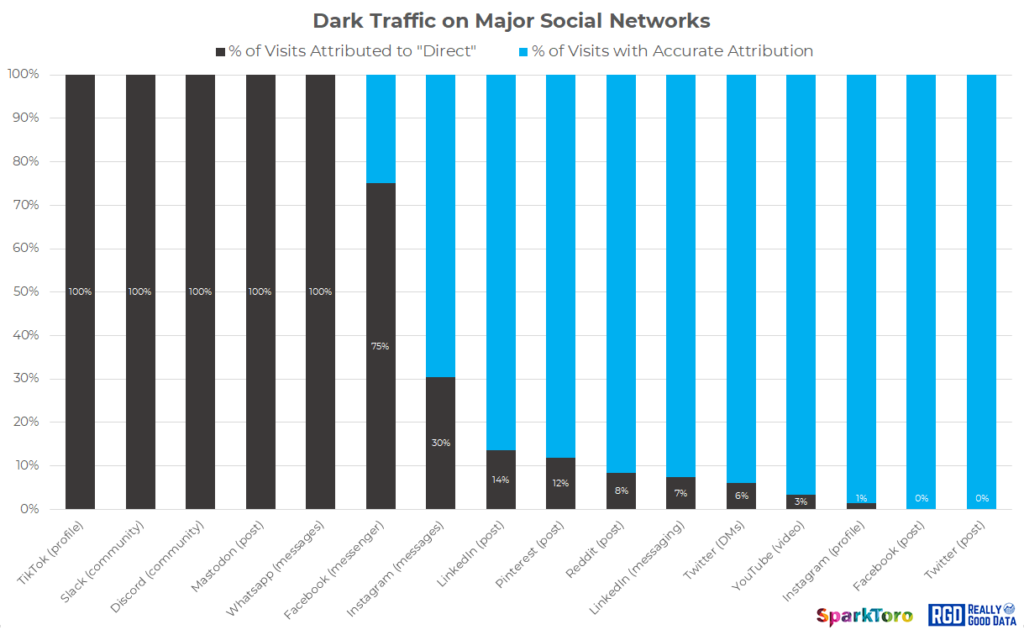“Jonathan, that’s good, but we should look at what converts.”
There’s always someone to remind me about the importance of doing things that convert:
🎯 To get a bunch of website visitors.
🎯 Then do things to turn them into leads.
🎯 And then do things that convert leads into paying customers.
It’s the part about “doing things that convert” that worries me.
Because once your marketing system is organised for conversions, you will inevitably pursue marketing initiatives that fulfill the conversion metrics rather than those that contribute to value delivery and trust-building.
As Animalz’s Ryan Law puts it:
“A core goal for any marketer is generating value for potential customers, but performance metrics introduce a caveat into the equation: generate value in ways and places where we can measure it.”
Through the lens of conversion metrics, we miss pursuing valuable marketing opportunities. We choose to deliver marketing initiatives in ways that are measurable by available data at the expense of worthwhile marketing opportunities that wouldn’t reflect in conversion data.
We overlook opportunities to deliver platform-native value in spaces where consumers are searching and engaging with, like Tweetstorms, email content on Substack, or in communities such as Slack, Reddit, or Discord because they aren’t reflected in our CRM data.
SparkToro recently ran an experiment to learn how traffic data is attributed by driving 1000+ visits across 11 major social networks.
The results: 100% of all visits from TikTok, Slack, Discord, Mastodon, and WhatsApp were marked as “direct,” and contained no other referral information.

In summary: Many important social networks’ traffic statistics are ambiguous.
In other words, choosing to creative marketing initiatives on these platforms isn’t easily justifiable. Therefore you will be reminded to focus on what converts based on available data.
This is not a post about ditching conversion metrics. They are useful indicators (another topic for another day). But this is about how obsessing over conversions makes us oblivious to better marketing opportunities.
So when you plan a marketing campaign, ask yourself: are you neglecting the value you can provide to potential customers in favor of concentrating on what converts?
